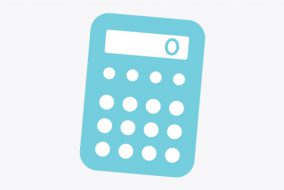As a student, you are likely at an early stage of your financial journey.
Just as learning is a life-long process, understanding investments is a long-term endeavour. The best way to increase your knowledge is to learn about one topic at a time.
Here are some useful tips to keep in mind while you are in school:
- If you have any debts or loans, set up a realistic plan to repay them. Keep in mind that you might not have a job right away after graduation. Some loans do not require you to make payments until you are finished school but the sooner you pay off your debt, the less interest you will pay and the sooner you can start building your future.
- Create a budget for yourself to avoid overspending and taking on unnecessary debt. Learn more about budgeting and how it can help.
- If you have a Registered Education Savings Plan (RESP), remember that this money is for your tuition and related expenses, not for a shopping spree or a night out. You and your parents should be aware of the timing, in other words, when they will need to withdraw money to pay tuition and related costs, and any withdrawal rules or limits that apply. If you have any questions, speak to the financial advisor or company that set up your plan.
- If you don’t have an RESP or you need additional funds to cover your costs, find out if you are eligible to receive money from other sources, such as scholarships or student awards. You might also have to consider part-time employment or a student loan. Research whether your province or territory offers a student loan program that gives you some time after graduation before you have to repay the loan.
- Money and Youth can help you learn what you need to know about budgeting, investing and spending money.
Keeping these tips and resources in mind can help you navigate your finances and ease your financial stress during your busy academic years.






















